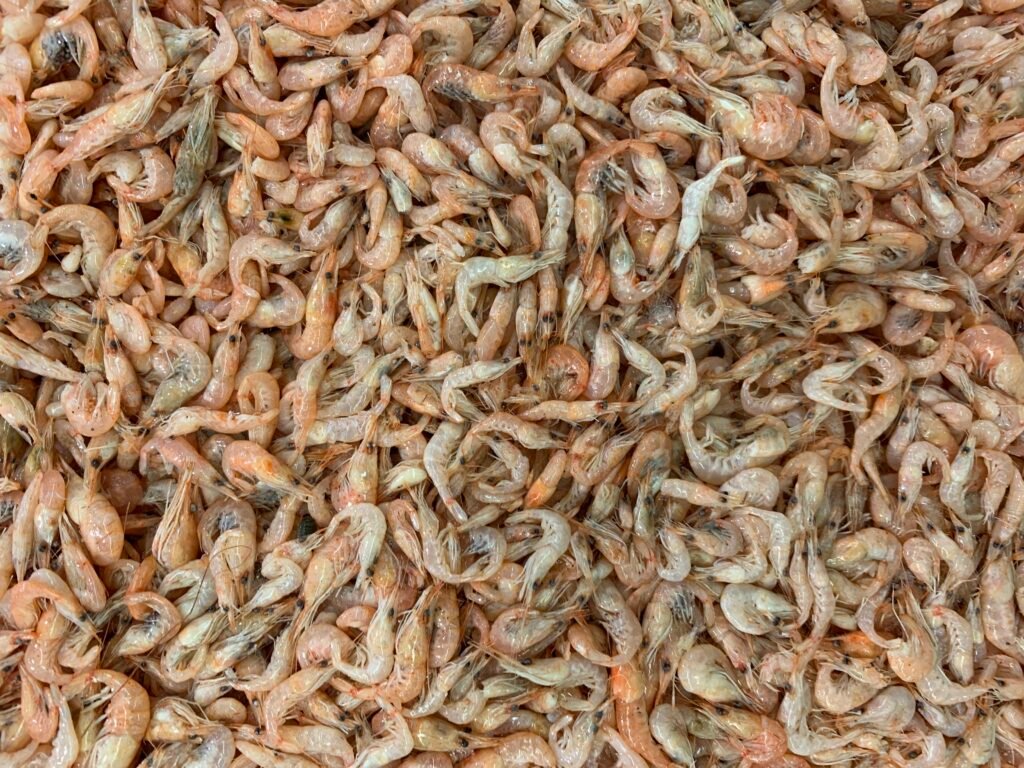Ready to learn more about oxalate-rich foods? In this article, we’ll explore the world of foods that are high in oxalate, a natural compound found in many plants. We’ll discuss what oxalate is, its potential health benefits, and how to incorporate these foods into your diet. Whether you’re curious about the potential risks or looking to diversify your meal plan, you’ll find valuable information here to help you make informed choices about your food intake. So let’s dig in and discover the fascinating world of oxalate-rich foods!

This image is property of images.unsplash.com.
Understanding Oxalate-rich Foods
Oxalate-rich foods, also known as high-oxalate foods, are those that contain high levels of a compound called oxalate. Oxalates are naturally occurring substances found in a wide variety of plant-based foods. They are also produced by the human body as a byproduct of metabolism. While oxalates have some health benefits, they can also cause issues for individuals who are prone to certain health conditions.
What are Oxalates?
Oxalates are a type of organic acid that can form crystals in the body. These crystals are called calcium oxalate and are primarily responsible for the formation of kidney stones. Oxalates can bind with calcium to form these crystals, which can then accumulate in the kidneys or other parts of the urinary tract.
Oxalates are found in varying amounts in many different types of foods, including fruits, vegetables, nuts, seeds, grains, and legumes. Some of the most common sources of oxalates include spinach, rhubarb, beets, tea, chocolate, and certain types of berries.

This image is property of images.unsplash.com.
How Oxalates Affect the Body
When oxalates are consumed, they can travel through the digestive system and be absorbed into the bloodstream. From there, they can be excreted by the kidneys or stored in various tissues throughout the body. The concentration of oxalates in the urine can determine the likelihood of forming kidney stones.
For individuals who are susceptible to kidney stone formation, consuming high levels of oxalates can increase the risk. The oxalate crystals can bind with calcium in the urinary tract, forming kidney stones that can cause intense pain and discomfort.
It is important to note that not everyone is equally sensitive to oxalate-rich foods. Some individuals may be more prone to kidney stone formation, while others may not experience any negative effects from consuming oxalates.
Common Oxalate-rich Foods
Leafy Green Vegetables
Leafy green vegetables, such as spinach, kale, and Swiss chard, are high in oxalates. While these vegetables are nutrient-dense and offer many health benefits, individuals who are prone to kidney stone formation may need to limit their consumption.
Nuts and Seeds
Certain nuts and seeds, such as almonds, cashews, peanuts, and sesame seeds, can also contain significant amounts of oxalates. While these foods are commonly regarded as healthy snacks, it is important for individuals with kidney stone concerns to be mindful of their intake.
Beets
Beets are known for their vibrant color and earthy taste, but they also contain oxalates. Individuals who consume beets regularly should be aware of their oxalate content and consider moderating their consumption if necessary.
Chocolate
While chocolate is often considered a guilty pleasure, it is important to note that it contains significant levels of oxalates. Dark chocolate, in particular, can be a significant source of oxalates for some individuals.
Tea
Tea, particularly black tea, is another common source of oxalates. If you are concerned about oxalate intake, you may want to limit your consumption of tea, especially if you drink it in large quantities.
Rhubarb
Rhubarb is a vegetable known for its tart flavor, often used in pies and other desserts. However, it is worth noting that rhubarb also contains oxalates. Be mindful of the amount of rhubarb you consume, especially if you are prone to kidney stone formation.
Potatoes
Potatoes are a staple food for many people, but they also contain moderate levels of oxalates. While it is not necessary to eliminate potatoes from your diet, it may be helpful to be aware of their oxalate content and consume them in moderation.
Soy Products
Soy products, including tofu and soy milk, can contain varying levels of oxalates. If you consume soy products regularly, it may be beneficial to take note of their oxalate content and adjust your intake accordingly.
Berries
While berries are often considered healthy and nutritious, some varieties, such as raspberries and blackberries, can be high in oxalates. If you enjoy eating berries, you may want to consider including a variety of lower-oxalate options in your diet as well.
Spinach
Spinach is widely recognized as a nutrient powerhouse, but it is also a significant source of oxalates. While spinach offers numerous health benefits, individuals prone to kidney stone formation may need to limit their intake or consider alternative leafy greens.

This image is property of images.unsplash.com.
Effects of Oxalate-rich Foods on Health
Kidney Stones
The most well-known and researched consequence of consuming oxalate-rich foods is the increased risk of kidney stone formation. Kidney stones are hard deposits that form in the kidneys or other parts of the urinary tract and can cause severe pain and discomfort. Individuals with a history of kidney stones or those who are at a higher risk may need to limit their intake of oxalate-rich foods to reduce the likelihood of stone formation.
Nutrient Absorption
Some studies suggest that high levels of oxalates in the diet may interfere with the absorption of certain nutrients, such as calcium and iron. This can be especially relevant for individuals with certain health conditions or nutrient deficiencies. If you have concerns about nutrient absorption, it can be helpful to work with a healthcare professional or registered dietitian to ensure adequate nutrient intake.
Oxalate Sensitivity
While not as common as kidney stone formation, some individuals may also experience sensitivity or intolerance to oxalates. This can manifest as digestive symptoms such as bloating, gas, or diarrhea. If you suspect you may have oxalate sensitivity, it is recommended to speak with a healthcare professional for proper diagnosis and guidance.
Other Health Impacts
Beyond kidney stones and nutrient absorption concerns, the long-term effects of consuming high levels of oxalates are still being studied. Some research suggests that oxalate-rich foods may be associated with an increased risk of other health conditions, such as autoimmune diseases or inflammation. However, more research is needed to fully understand the potential impact of oxalate-rich foods on overall health.
Reducing Oxalate Intake
Cooking and Processing Methods
One way to reduce the oxalate content in foods is through cooking and processing methods. Boiling certain high-oxalate vegetables, for example, can help reduce the oxalate levels. Soaking nuts and seeds before consuming them can also help to lower their oxalate content. Additionally, fermenting certain foods may break down oxalates, making them more suitable for consumption by individuals who are sensitive or prone to kidney stone formation.
Pairing Oxalate-rich Foods
Pairing foods that are high in calcium with oxalate-rich foods can help limit the formation of oxalate crystals in the body. Calcium can bind with oxalate in the intestines and prevent its absorption into the bloodstream. For example, pairing spinach with dairy products like cheese or yogurt can help mitigate the oxalate content.
Drinking Plenty of Water
Staying properly hydrated is crucial for individuals who are prone to kidney stones or concerned about oxalate intake. Adequate water intake can help dilute the concentration of oxalates in the urine, reducing the risk of crystal formation. Aim to drink plenty of water throughout the day to support kidney health and minimize the impact of oxalates.
Limiting Oxalate Consumption
While it is not necessary to completely eliminate oxalate-rich foods from your diet, individuals with specific health concerns may need to limit their consumption. Working with a healthcare professional or registered dietitian can help determine an appropriate oxalate intake based on individual needs and health conditions. They can provide guidance on meal planning and offer suitable alternatives to ensure a balanced and nutritious diet while managing oxalate intake.
In conclusion, understanding oxalate-rich foods and their impact on health is important, especially for individuals who are prone to kidney stone formation or have specific health concerns. By being mindful of the oxalate content in foods, exploring different cooking and processing methods, pairing foods strategically, drinking plenty of water, and seeking guidance from healthcare professionals, it is possible to manage oxalate intake and maintain a healthy and balanced diet.

